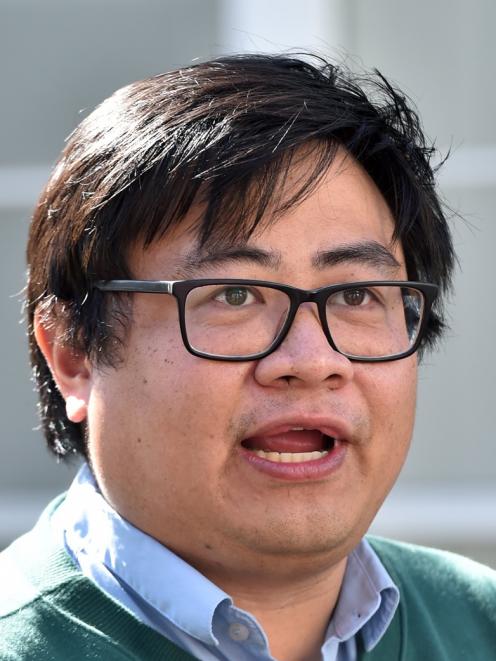
Francisco Hernandez’s comments come after receiving responses to his written parliamentary questions about Waikato University’s proposal to establish a third New Zealand medical school.
It showed the university had borrowing "headroom" of $100 million before breaching its consent covenant with the Tertiary Education Commission and it had already drawn down $50.8m.
Should the business case be approved, the government has set aside about $300m towards the new medical school; Waikato would contribute $100m.
However, Mr Hernandez said there would be massive financial challenges to Waikato University delivering the medical school "with over half of the university’s borrowing capacity already taken up even before the medical school has even been approved or started construction".
It comes at a time when the government is deliberating over a scaled-down version of the new Dunedin hospital project, or a retrofit of the existing building.
Mr Hernandez said the government’s response showed a "striking double standard" in terms of how it handled projects.
"The government’s pet project is given the green light despite grave concerns being raised about the project by officials about the financial viability and risks to the wider sector — as well as concerns raised by their own coalition partners.
"On the other hand, for critical health infrastructure like the southern (Dunedin) hospital rebuild the government has placed obstacles and stop signs.
"The people of the South need the government to get serious and green-light a modern, well-equipped hospital and more placements to train doctors in it instead of chasing fantasy projects that clearly do not stack up."
The Waikato University medical school proposal has proved controversial with both Auckland and Otago universities.
In July, Otago and Auckland universities presented the government with a report by PwC outlining their concerns about the proposed third medical school, as well as the built-in advantages of the existing medical schools.
But later that month, documents showed Health Minister Dr Shane Reti’s advisers were not convinced by the report.
In September, Dr Reti announced an initial cost-benefit analysis of the Waikato project provided "confidence for the project to progress to the next stage".
But Act New Zealand leader David Seymour sent a letter to Dr Reti questioning the cost-benefit analysis and its findings, which he said he had "no confidence in".
He also argued the process was a distraction when there needed to be more focus on training doctors and fixing Te Whatu Ora Health New Zealand.
A Waikato University spokesman said it was working closely with the Ministry of Health on the development of the business case.
Dr Reti said the detailed business case provided further information on the proposed establishment costs of a new medical school and any associated impacts this could have on Waikato, including its ability to meet funding commitments.
Otago Medical School acting dean Prof Tim Wilkinson said the far more effective and cost-efficient way to increase the number of medical graduates was to support the existing medical schools at Otago and Auckland.
"We remain ready and willing to train more doctors as soon as the government cap on trainee numbers is lifted."











